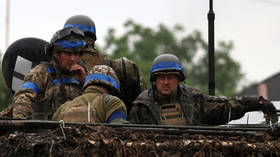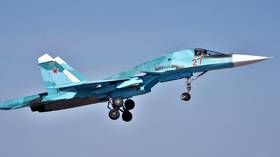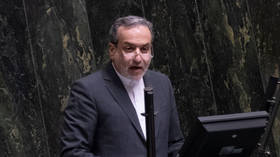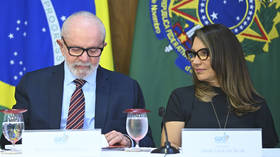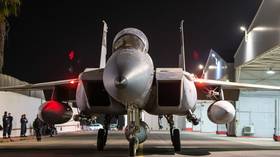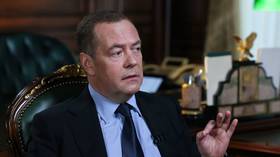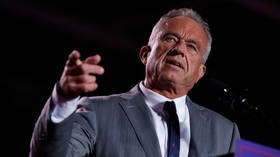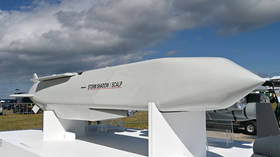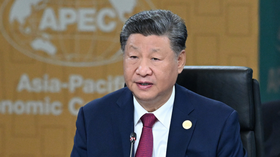Russia's top general reveals details of Kiev's failed counteroffensive
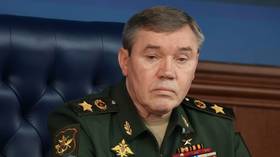
Ukrainian military planners expected swift progress in their summer counteroffensive, which was to culminate in Moscow's so-called “land bridge to Crimea” being cut off, General Valery Gerasimov, the head of the Russian general staff, said on Thursday. He added that the attempt was thwarted by his forces.
The senior official briefed foreign military attaches on various aspects of Russia's military strategy, including steps taken to prevent a Ukrainian counteroffensive, which he said was the top priority for the country this year.
“The enemy plan was to blockade Melitopol by the end of the 15th day of the offensive,” Gerasimov said. The Ukrainians then planned to advance towards the Sea of Azov, the city of Mariupol, and the border of Crimea, he added.
Melitopol is a large city in Zaporozhye Region, located some 40 km away from the coast of the Azov Sea and about 15 km away from Molochnyi Lyman, a large coastal estuary connected with it.
Gerasimov noted that the core of the Ukrainian force used in the counteroffensive consisted of brigades trained and armed by Western nations. The grouping that was supposed to reach the Azov Sea initially included 50 battalions armed with over 230 tanks and more than 1,000 infantry fighting vehicles, half of them Western-made, he reported. The force was later boosted to 80 battalions, according to the general.
Russian troops prepared deep defensive lines to prepare for the planned attack. When Ukraine launched it on June 4, it “achieved minor advancement at the cost of colossal losses,” failing to breach “even the tactical zone of our defenses,” he stressed.
Additional supplies of Western weapons and the deployment of strategic reserves by Kiev failed to turn the tide, Gerasimov added. “Hence, the counteroffensive, which Ukraine and its NATO allies had touted widely, failed,” the general stated. The Russian official reiterated that the Ukraine conflict was a “hybrid proxy war against Russia by the US and its allies,” waged with Ukrainian hands. Washington wants to prolong the conflict by providing military assistance to Kiev, he claimed.
In addition to conducting active defense on the front line, Russian forces are using long-range precision weapons to attack Ukrainian “command sites, defense factories and critical objects with a military purpose,” Gerasimov said, adding that over 1,500 such targets have been hit. Degrading the Ukrainian military industrial capacity has been a major achievement, he noted.
Gen. Valery Zaluzhny, Gerasimov’s counterpart in the Ukrainian military leadership, acknowledged in early November that the frontline situation had turned into a “stalemate.” Senior civilian officials, including President Vladimir Zelensky, disputed his assessment for weeks before finally admitting that the push against Russia was over. The president claimed that the new phase was necessitated by cold weather when he conceded in early December.
